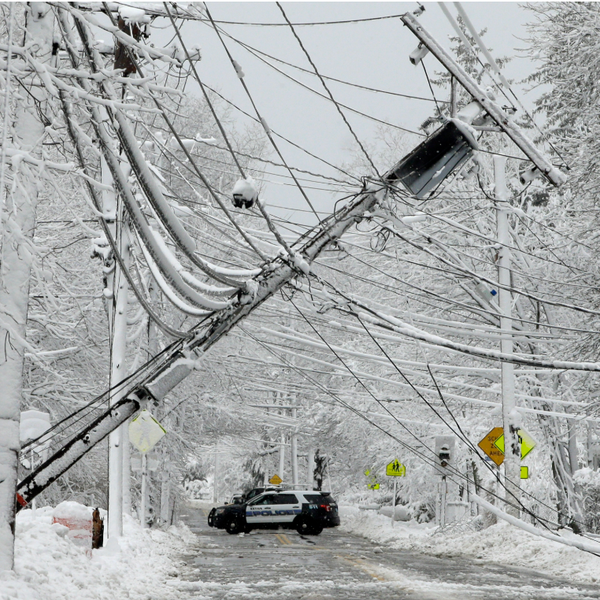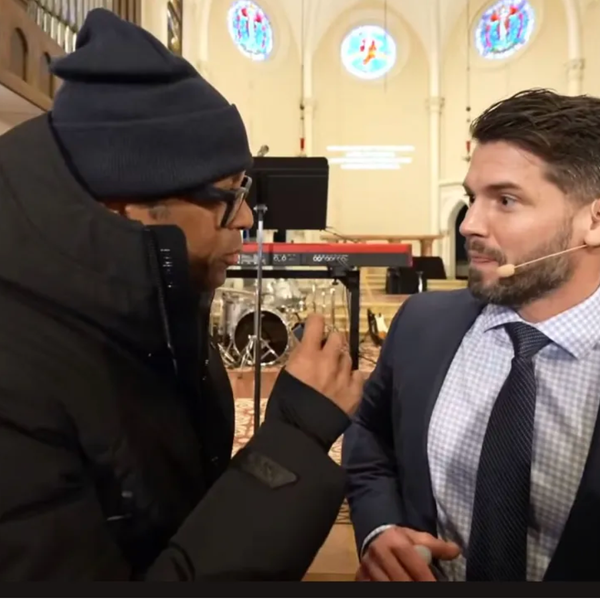Report Reveals Heinous Conditions Inside Migrant Detention Camps
From vomiting blood to losing a pregnancy, immigrants being held in detention centers across the United States are reporting traumatic conditions.
A monthslong investigation led by Democratic Sen. Jon Ossoff of Georgia found “510 credible reports of human rights abuses.”
According to the report, a young girl held in custody with her undocumented mother was hospitalized multiple times. And at one point, the girl, who is a U.S. citizen, was allegedly vomiting blood.
“Just give the girl a cracker,” the Customs and Border Patrol agent reportedly said to the mother begging for care.
In another case, men being held in a Miami facility were shot at with “what appeared to be pellets or rubber bullets” when they flooded a toilet to protest being denied food, water, and medical attention.
Claims like these fill the pages of Ossoff’s report, including pregnant women being forced to sleep on the floor because of overcrowding.
“She was left in a room, alone, to miscarry without water or medical assistance for over 24 hours,” the report said of one woman.
Daily Kos contacted ICE officials for comment regarding Ossoff’s report. While they acknowledged our request, we did not receive a response to the claims.
President Donald Trump has pushed for mass deportations and immigrant raids since the start of his second term, and while his administration has partnered with detention center giants such as Geo Group and CoreCivic in an attempt to quickly build more detention facilities, the efforts can only go so far.
And with Trump’s “One Big, Beautiful Bill” bolstering a shiny new budget for ICE, $45 billion was also allocated toward building even more facilities.
Similarly, immigrants deported to prisons abroad are sharing their own abusive situations, including hundreds of Venezuelan men who were deported to El Salvador’s CECOT prison.
But despite the reports, the Trump administration maintains that the only people being deported are dangerous criminals—and therefore are deserving of these abuses.
Reprinted with permission from Daily Kos.












